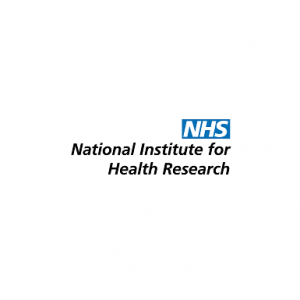 The National Institute for Health Research (NIHR) recently announced a partnership with Janssen to investigate why current rheumatoid arthritis biological treatments end up failing in about a third of the patients.
The National Institute for Health Research (NIHR) recently announced a partnership with Janssen to investigate why current rheumatoid arthritis biological treatments end up failing in about a third of the patients.
Specifically, the NIHR and Janssen are partnering to investigate the central mechanisms associated with this lack of response to treatment; hopefully, the associated findings will open new windows to developing more effective therapies for this specific group of patients.
The research project will serve to identify the molecular pathways that determine which rheumatoid arthritis patients will benefit from treatments with anti-TNF (anti-tumor necrosis factor-alpha) therapies or those who will have to consider treatment alternatives.
At present, anti-TNF therapies are the main standard treatment for rheumatoid arthritis that do not have a response to more widely used anti-rheumatic drugs like methotrexate.
Unfortunately, anti-TNF therapies are not effective in more than 30 percent of these patients, which causes a heavy health burden. The reason behind this phenomenon is still incompletely understood. However, this new NIHR study may soon provide the scientific community with information that might enable better and accurate targeting of anti-TNF therapies and consequently might lead to the advancement of new approaches and alternative treatments for those affected by rheumatoid arthritis.
Costantino Pitzalis, who is a professor at the Queen Mary University London, is leading the investigation that is being run by the NIHR Joint and Related Inflammatory Diseases Translational Research Partnership (TRP) and funded by Janssen Research & Development.
George Freeman, Life Sciences Minister, stated in a press release: “As we embrace the 21st century model of ‘Precision Medicines’ research into how and why existing drugs affect patients in different ways is vital to better targeting drugs and our NHS budgets to maximise benefits for patients.”
“By seeking to understand the biological make-up of patients who respond to anti-TNF treatment the success of this trial could bring hope to those suffering from the devastating impact of rheumatoid arthritis without treatment options. Providing the right patients with the right drugs at the right time will benefit both patients and the NHS,” noted Mark Samuels, NOCRI’s representative.


